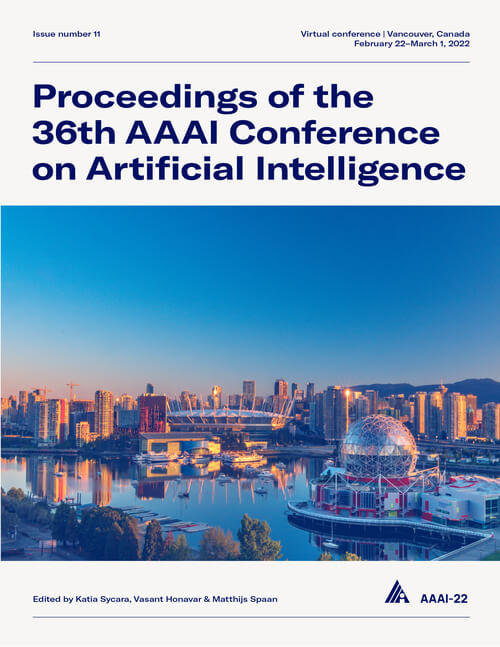MINIMAL: Mining Models for Universal Adversarial Triggers
DOI:
https://doi.org/10.1609/aaai.v36i10.21384Keywords:
Speech & Natural Language Processing (SNLP), Machine Learning (ML), Data Mining & Knowledge Management (DMKM)Abstract
It is well known that natural language models are vulnerable to adversarial attacks, which are mostly input-specific in nature. Recently, it has been shown that there also exist input-agnostic attacks in NLP models, called universal adversarial triggers. However, existing methods to craft universal triggers are data intensive. They require large amounts of data samples to generate adversarial triggers, which are typically inaccessible by attackers. For instance, previous works take 3000 data samples per class for the SNLI dataset to generate adversarial triggers. In this paper, we present a novel data-free approach, MINIMAL, to mine input-agnostic adversarial triggers from models. Using the triggers produced with our data-free algorithm, we reduce the accuracy of Stanford Sentiment Treebank’s positive class from 93.6% to 9.6%. Similarly, for the Stanford Natural LanguageInference (SNLI), our single-word trigger reduces the accuracy of the entailment class from 90.95% to less than 0.6%. Despite being completely data-free, we get equivalent accuracy drops as data-dependent methodsDownloads
Published
2022-06-28
How to Cite
Singla, Y. K., Parekh, S., Singh, S., Chen, C., Krishnamurthy, B., & Shah, R. R. (2022). MINIMAL: Mining Models for Universal Adversarial Triggers. Proceedings of the AAAI Conference on Artificial Intelligence, 36(10), 11330-11339. https://doi.org/10.1609/aaai.v36i10.21384
Issue
Section
AAAI Technical Track on Speech and Natural Language Processing

